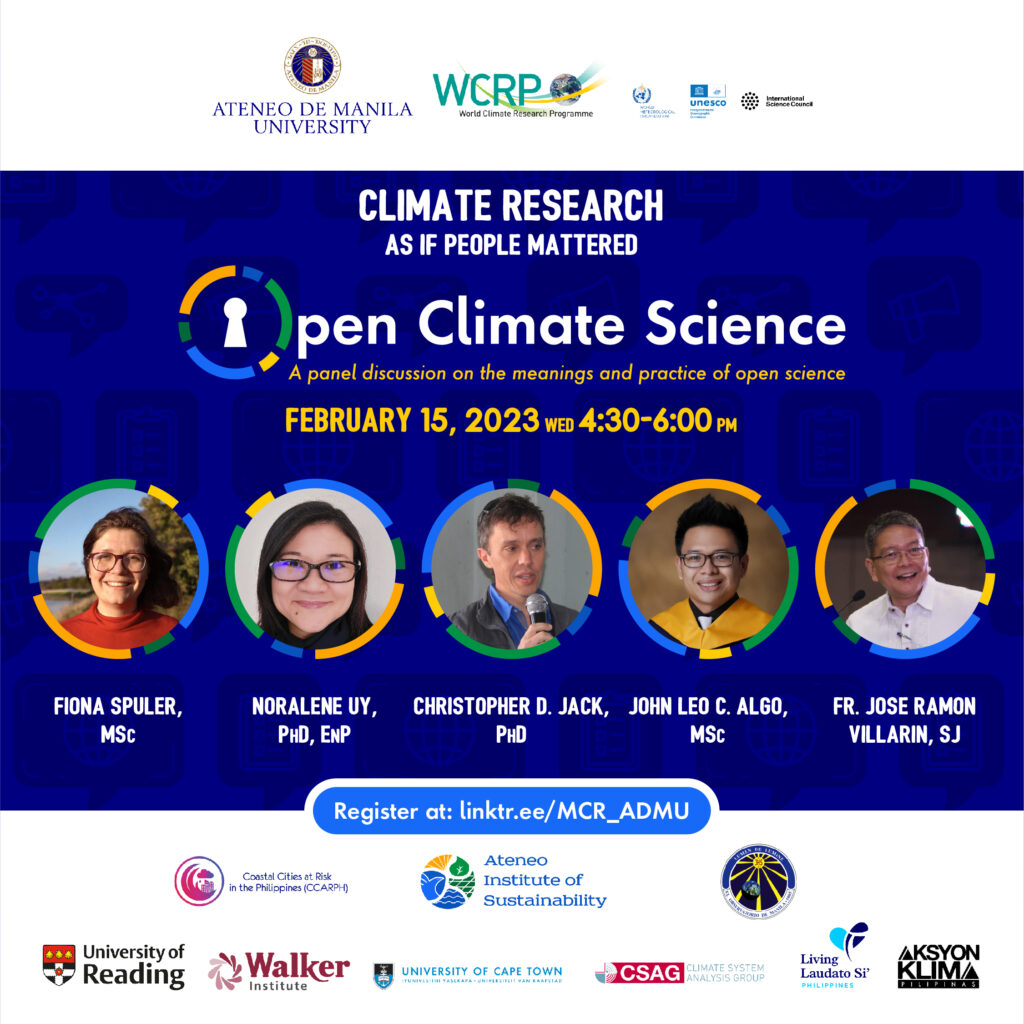A selection of new science articles from the past week of interest to the SPARC community (a SPARC Office choice).
Climate processes and drivers in the Pacific and global warming: a review for informing Pacific planning agencies. By S. Chand et al. in Climatic Change.
Assimilation of Aircraft observations over the Indian monsoon region: Investigation of Covid-19 effects on a reanalysis. By S.I. Rani et al. in the Quarterly Journal of the Royal Meteorological Society.
Long-term prediction of Sudden Stratospheric Warmings with Geomagnetic and Solar Activity. By M. Vokhmyanin, T. Asikainen, A. Salminen, and K. Mursula in the Journal of Geophysical Research: Atmospheres.
Enhancement of Arctic surface ozone during the 2020–2021 winter associated with the sudden stratospheric warming. By Y. Xia, F. Xie, and X. Lu in the Environmental Research Letters.

